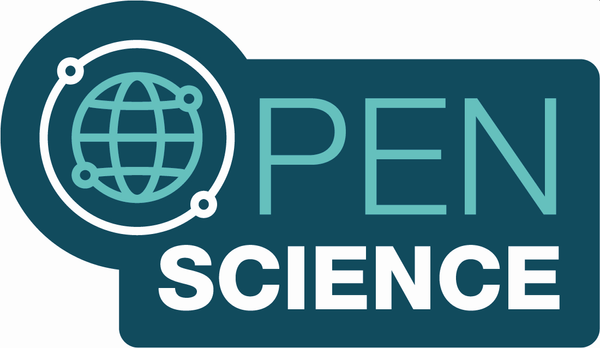
Unraveling the Mystery: Is Open Science Really Science?
Unraveling the Mystery: Is Open Science Really Science? https://opusproject.eu/wp-content/uploads/2023/11/eyJidWNrZXQiOiJhc3NldHMucHVicHViLm9yZyIsImtleSI6ImVqbGo3cWU1LzAxNjI0OTA1MTMyMzc4LnBuZyIsImVkaXRzIjp7InJlc2l6ZSI6eyJ3aWR0aCI6NjAwLCJmaXQiOiJpbnNpZGUiLCJ3aXRob3V0RW5sYXJnZW1lbnQiOnRydWV9fX0.png 600 348 Open and Universal Science (OPUS) Project Open and Universal Science (OPUS) Project https://opusproject.eu/wp-content/uploads/2023/11/eyJidWNrZXQiOiJhc3NldHMucHVicHViLm9yZyIsImtleSI6ImVqbGo3cWU1LzAxNjI0OTA1MTMyMzc4LnBuZyIsImVkaXRzIjp7InJlc2l6ZSI6eyJ3aWR0aCI6NjAwLCJmaXQiOiJpbnNpZGUiLCJ3aXRob3V0RW5sYXJnZW1lbnQiOnRydWV9fX0.pngIn the world of research and discovery, a new player has entered the scene, shaking things up with its bold ideas and principles. This player is called “open science.” But here’s the big question: Is open science truly science? Let’s embark on a journey to understand this exciting and sometimes puzzling concept.
Defining Open Science:
Before we dive into whether open science qualifies as science, let’s figure out what it actually is. Open science is like a friendly superhero in the scientific world. It believes in sharing, collaboration, and making research accessible to everyone. Scientists practicing open science open up their findings, data, and methods for all to see, encouraging a transparent and inclusive approach to knowledge.
The Scientific Ingredients:
Now, let’s break down the essential ingredients of science. Science involves curious minds asking questions, forming hypotheses (fancy guesses about what might happen), conducting experiments or studies, and then sharing the results with others. This sharing part is crucial because it allows other scientists to check the work and see if they get the same results. This process is known as peer review.
Open Science in the Spotlight:
So, does open science follow these scientific steps? Absolutely! Open science embraces asking questions, forming hypotheses, and conducting experiments, just like traditional science. The key difference is that open science takes it a step further by sharing not just the final results but also the nitty-gritty details, like the data and methods used.
Transparency and Collaboration:
Open science believes in being transparent. Imagine you’re baking cookies, and you share the recipe with your friends. They can follow the same recipe and see if they get cookies just like yours. In open science, researchers share their “research recipes” so others can follow along and double-check the results. This transparency helps build trust and ensures the quality of the science.
Challenges and Skepticism:
Now, not everyone is on board with open science. Some folks are skeptical. They wonder if sharing everything might lead to chaos or if it’s even practical in every scientific field. Critics argue that not all research is easily shared, especially in fields where experiments are super complex or involve sensitive information.
Embracing Diversity in Scientific Exploration:
In the grand scientific theater, open science takes the stage with enthusiasm, championing transparency and collaboration. So, is open science really science? Yes, it is! It follows the fundamental steps of scientific inquiry, with an extra emphasis on sharing and working together for the greater good. As the scientific community continues to evolve, open science offers an exciting and inclusive path towards unlocking the mysteries of the universe, one shared discovery at a time.
Photo via KU Leven
- Posted In:
- Open Science News




